Google is the victor in long running legal battle over the use of Oracle's code in Android

The long running legal battle between Google and Oracle over a code in the Android operating system has reached a conclusion. And the U.S. Supreme Court has ruled in Google's favor. The 6-2 decision in favor of the Alphabet unit ended the long running lawsuit which was originally filed by Oracle back in 2010. Oracle had been seeking $8-9 billion from Google although two people with knowledge of the situation said that Oracle was hoping to collect damages in the amount of $20 to $30 billion.
Google wins long running legal battle over Android dating back to 2010
Both companies have said that losing the case would hurt innovation. Google says that the code it copied helps software developers write programs that work across different platforms. Oracle, on the other hand, said that losing the case would stunt development of new programs since developers would fear that any newly written software could be easily stolen. In the decision, the majority wrote, "Google’s copying of the Java SE API, which included only those lines of code that were needed to allow programmers to put their accrued talents to work in a new and transformative program, was a fair use of that material as a matter of law."
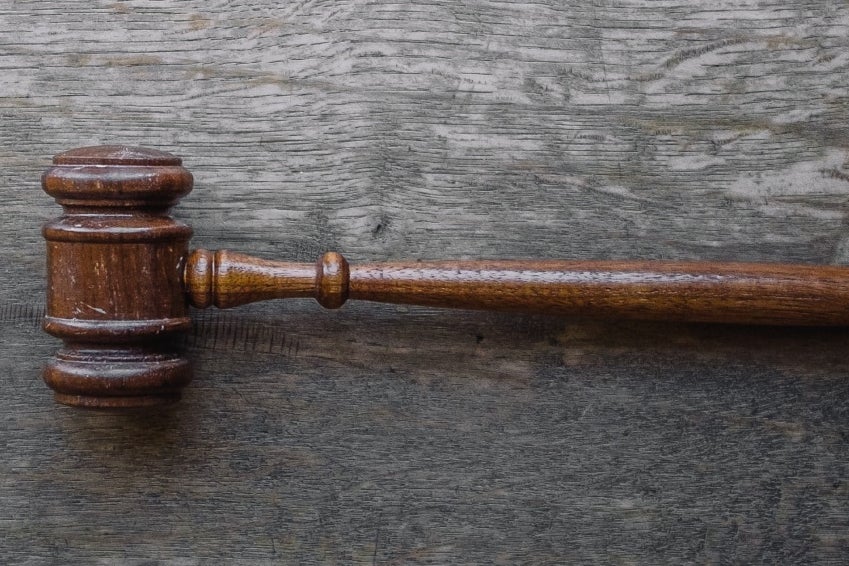
Google wins a major Supreme Court decision over the use of Oracle's code in Android
According to Reuters, the centerpiece of Oracle's suit was 11,330 lines of Oracle's Java software that the company accused Google of using without permission. Google defended itself by saying that it used elements of Java that Google needed to operate Android. Federal copyright laws do not protect "methods of operation." Google also claimed that it made "fair use" of Oracle's software code which would make it legal for Google to use.
Google and Oracle took the case through the maze of the U.S. legal system with both firms winning and losing at various levels. For example, in 2014 an appeals court handed Oracle a win by reversing a lower court decision in favor of Google. In 2015, the Supreme Court shot down an appeal made by the company. In 2016, a jury ruled in favor of Google, but that was once again overturned in 2018 when the Federal Circuit said that Google's use of Oracle's "application programming interfaces" (APIs) was not permitted under the fair use doctrine of the copyright act. Google argued that its use of the APIs for mobile was covered under the fair use theory because Google was applying them for something new-a mobile platform. But this argument was rejected by the court.
Google responded to the Supreme Court's ruling in a statement made by Google SVP of Global Affairs Kent Walker who said, "The Supreme Court’s clear ruling is a victory for consumers, interoperability, and computer science. The decision gives legal certainty to the next generation of developers whose new products and services will benefit consumers."
Oracle spokesperson Deborah Hellinger gave her firm's comment on the ruling. She said, "The Google platform just got bigger and market power greater. The barriers to entry higher and the ability to compete lower. They stole Java and spent a decade litigating as only a monopolist can. This behavior is exactly why regulatory authorities around the world and in the United States are examining Google's business practices."
The harsh response by Oracle is no surprise since they feel that Google got away with using Java without paying Oracle for the rights to use it. And to make matters worse for Oracle, Android has gone on to become the most popular mobile operating system in the world with a global share in excess of 70%.
The Supreme Court heard oral arguments on the case back in October and Justice Amy Coney Barrett had yet to be seated at that time. As a result, she did not participate in the case which explains the final 6-2 tally.
Follow us on Google News




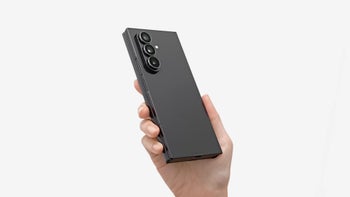
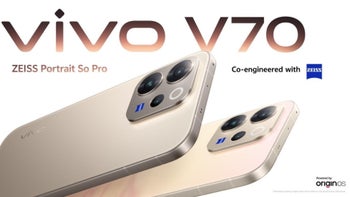

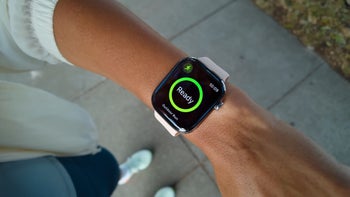
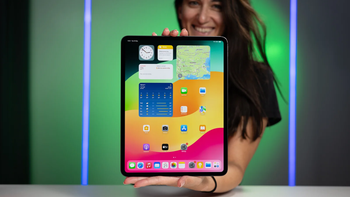
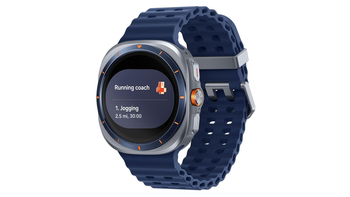


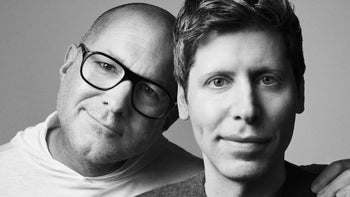
Things that are NOT allowed:
To help keep our community safe and free from spam, we apply temporary limits to newly created accounts: